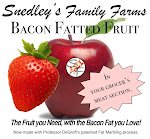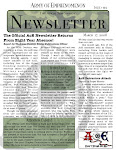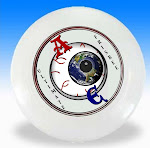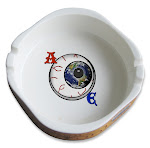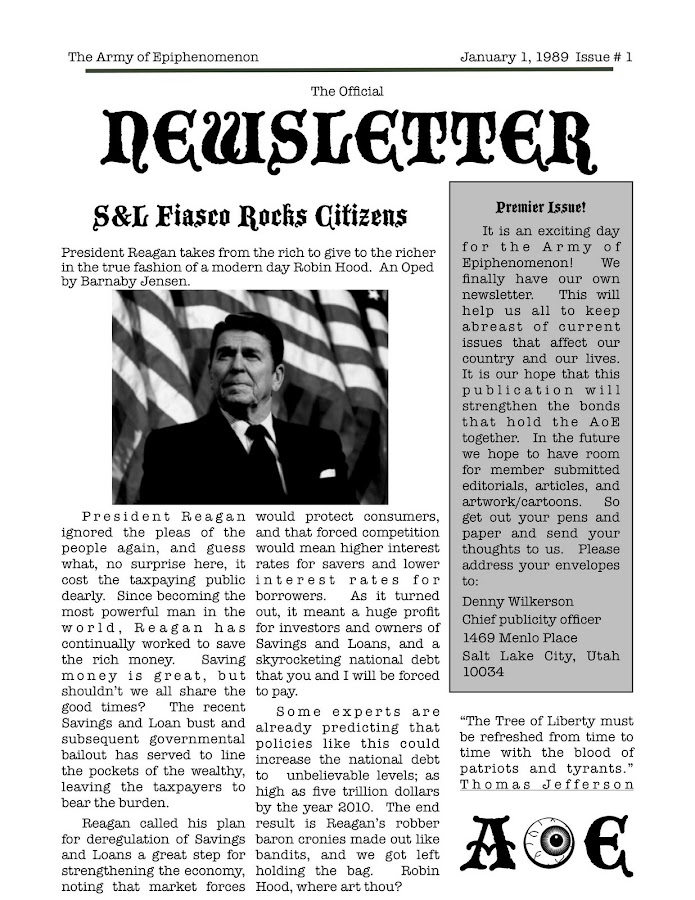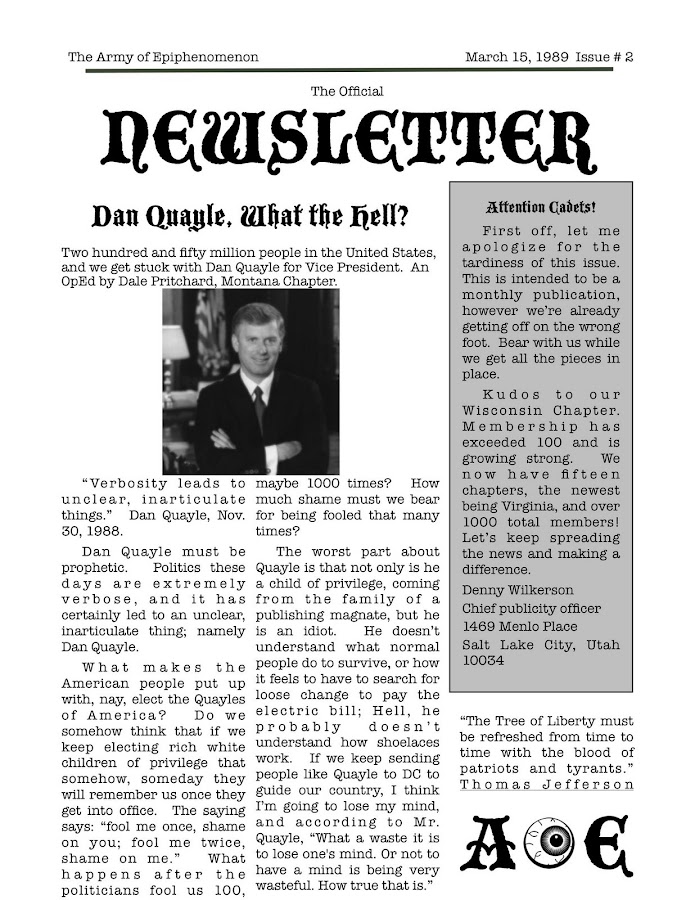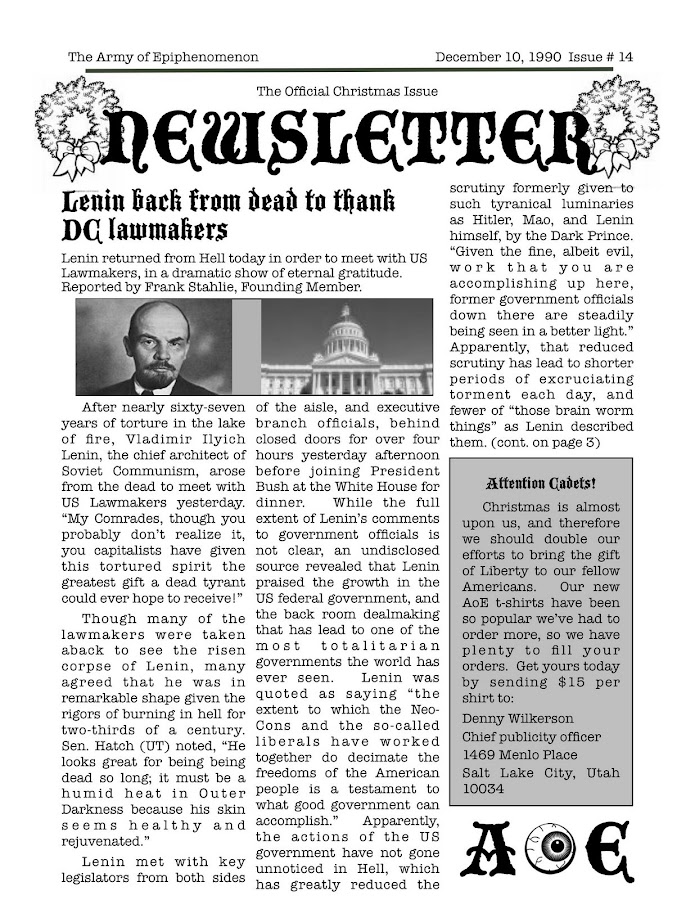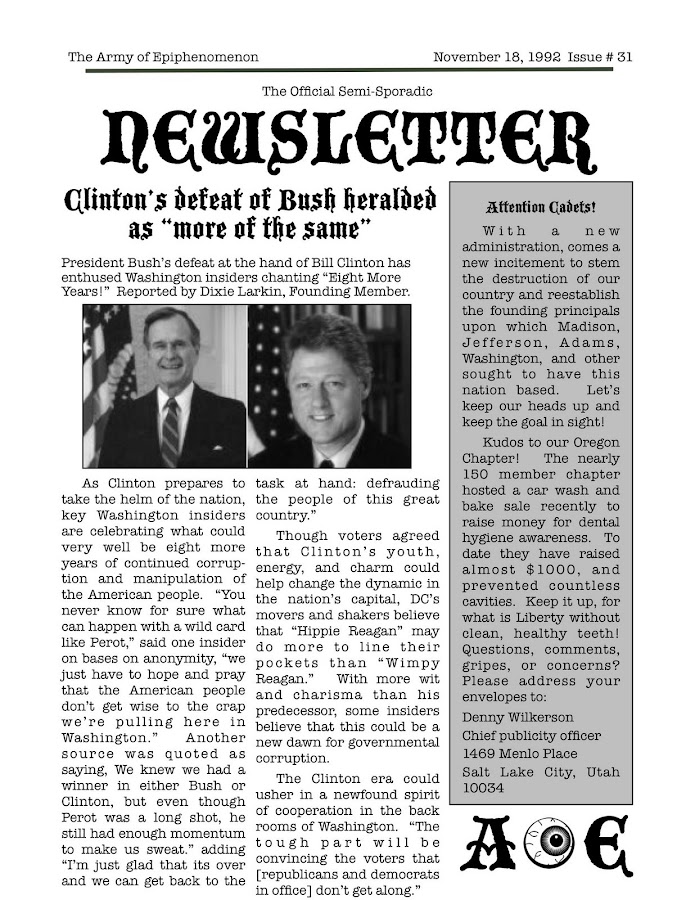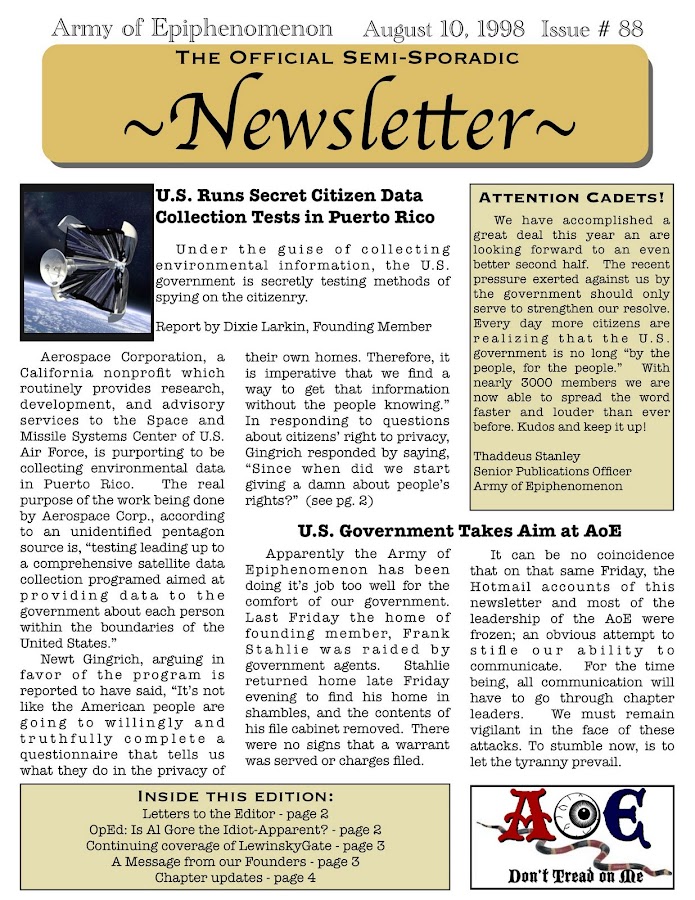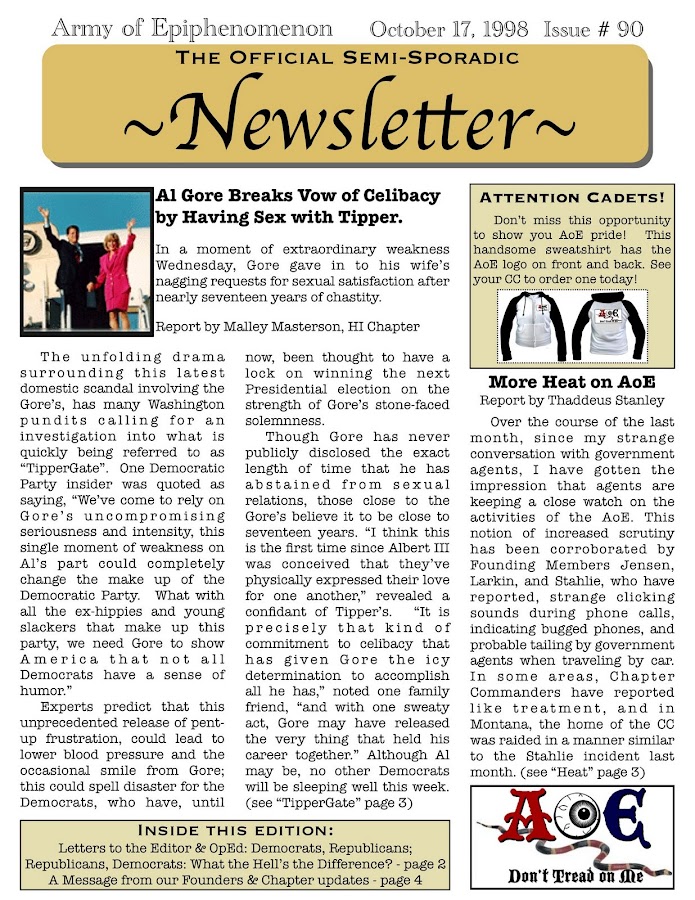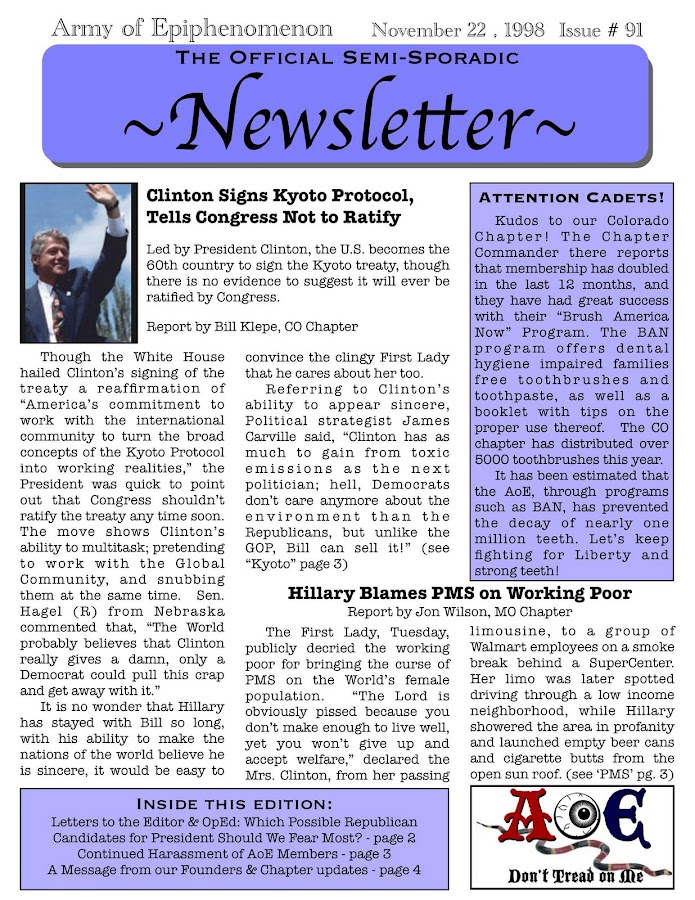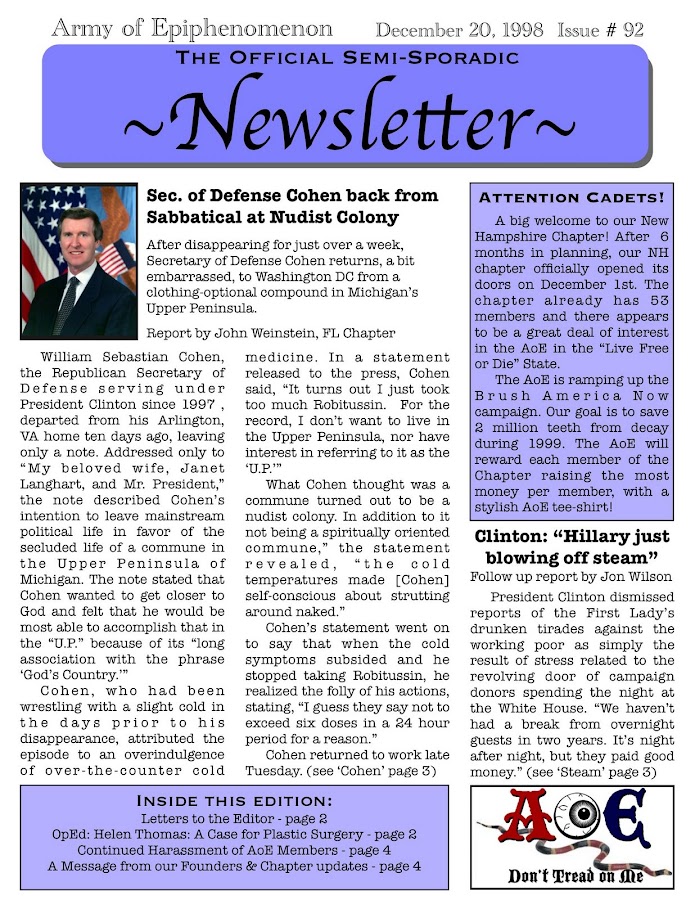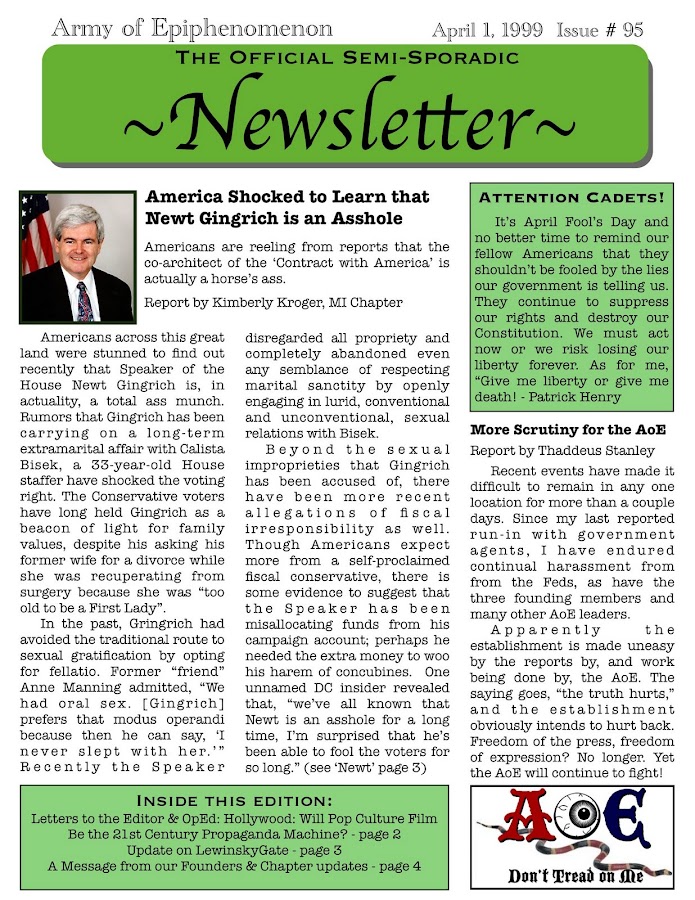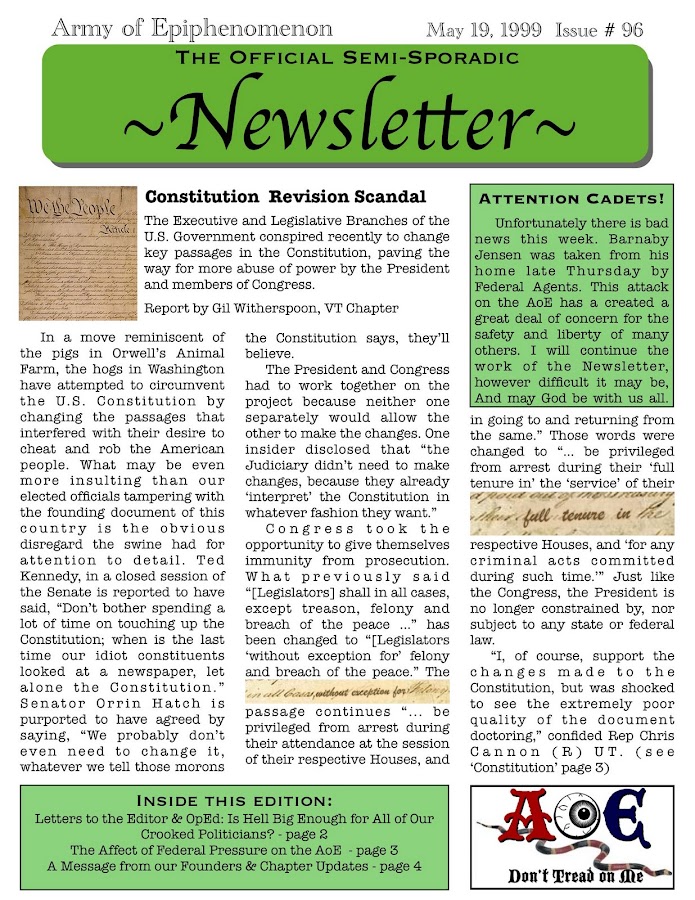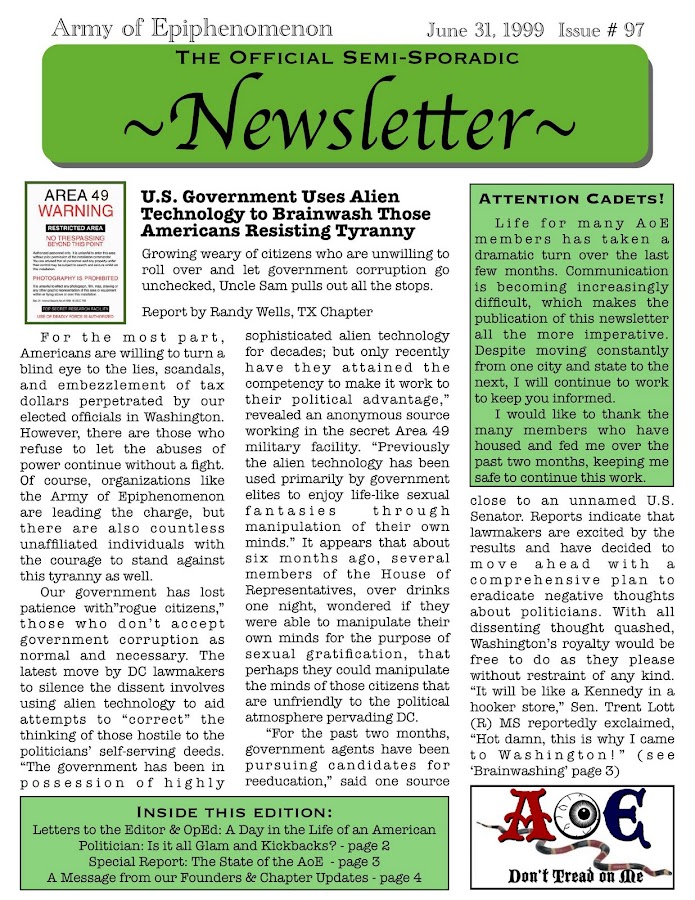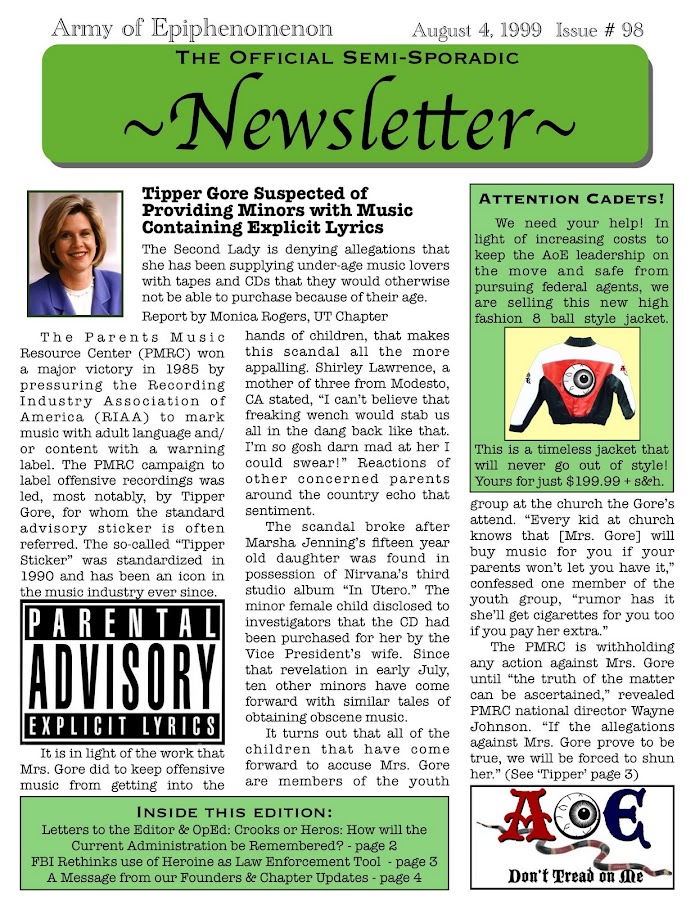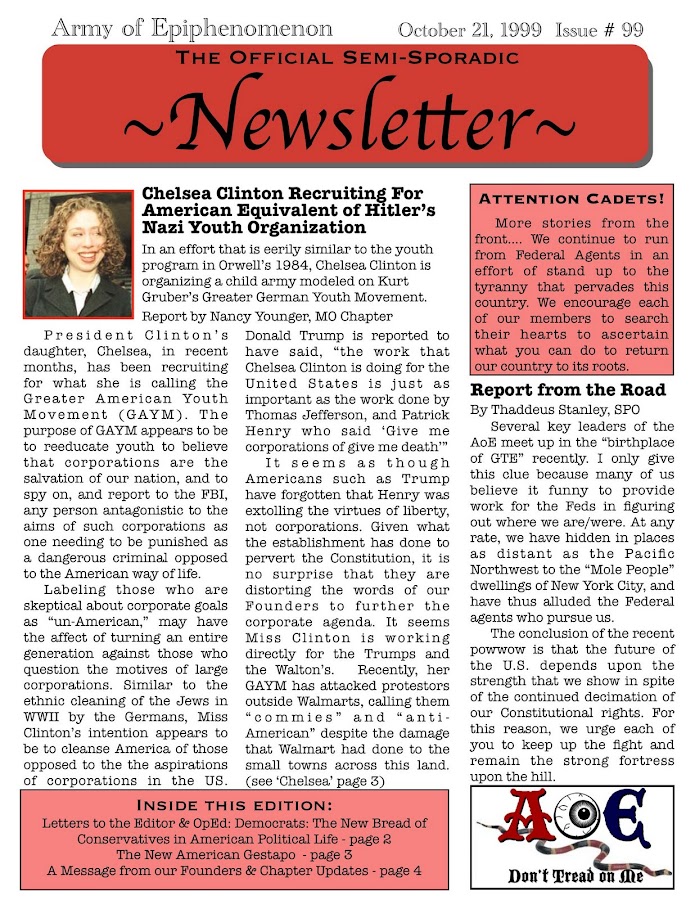
Report by Angela Waverly, ID Chapter
The Culinary Arts Department at University of Idaho has added a new dish to its curriculum this sememster. That dish is Rocky Mountain Oysters. Susan Leachman (pictured left), head of the Culinary Arts program, explained the addition, “I got a call from a local rancher last November. He said he had a truck full of testicles and nowhere to send them. He said since the economic slowdown people didn’t seem to have the money to be eating balls.” Leachman, who’d never experienced a testicle before, agreed to take on the challenge. “I did a lot of research, and more experimenting. At this point, I can confidently say I know my way around a testicle.”

By the end of December ranchers were delivering more of the tasty delicacies than Leachman had refrigerators to store, which peaked the curiosity U of I Economics Professor Stanley Irwin (pictured right). Says Irwin, “Rocky Mountain Oysters, or ‘Swinging Beef’ as it is more commonly referred to in these parts is usually in such high demand that ranchers can’t castrate bulls quick enough. I soon deduced that the recession might be behind this phenomenon and went about measuring the effects of the downturn on the testicle industry as compared to other industries.” What Irwin found shocked him.


Idaho’s testicle surplus wasn’t an anomaly. Just one state away, “Montana Tendergroin” sales have slumped 75%, in other parts of the West, sales of “Coyboy Caviar” as it is often called, are so stagnate, many of the mom and pop restaurants that serve the dish were taking it off the menu altogether. In Tennessee and surrounding Southern States, which prefer a variation known as “Lamb Fries”, the market for the fried testicle dish has seen a decline of just over 60%. In Colorado, where the term “Rocky Mountain Oyster” was born, sales have ground to a virtual halt putting many restaurants, featuring the dish almost exclusively, out of business altogether. To the East, where the dish is referred to as “Prairie Oysters” and commonly prepared with Buffalo testicles, the scenario isn’t much better.
According to Irwin, only the market for body waxing has suffered more than testicles. Leachman found the silver lining by noting, “When the market for testicles returns, there will be a hundred new chefs from Idaho ready to start frying!”




